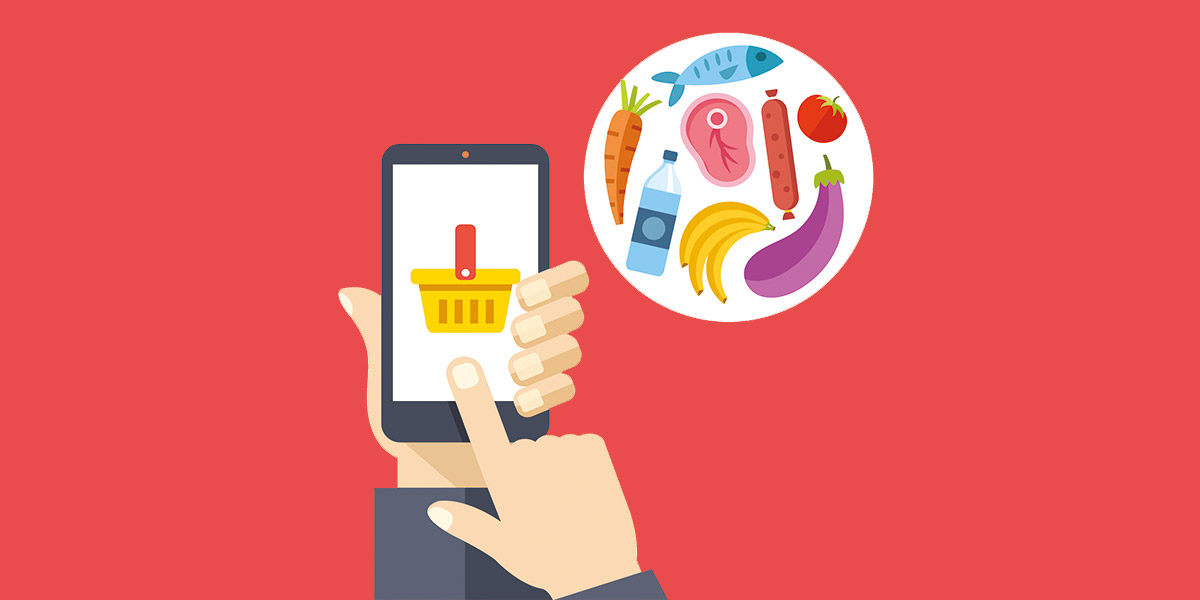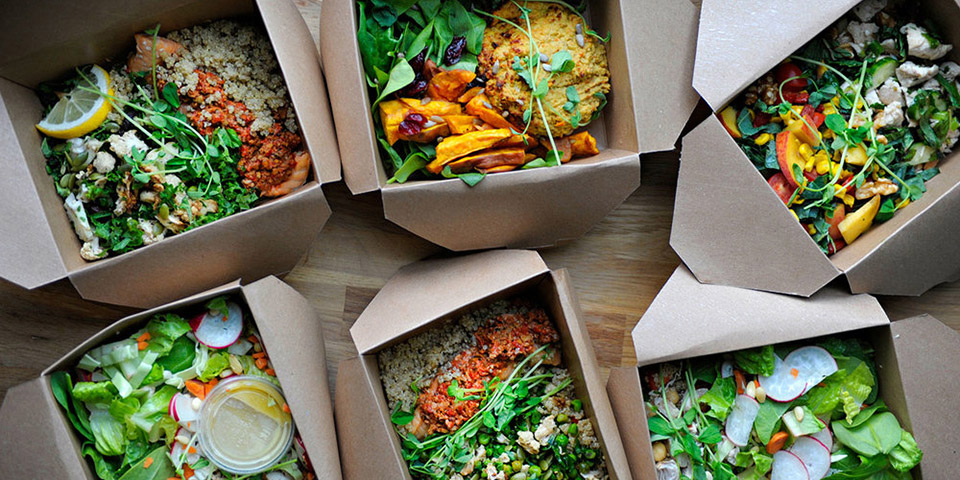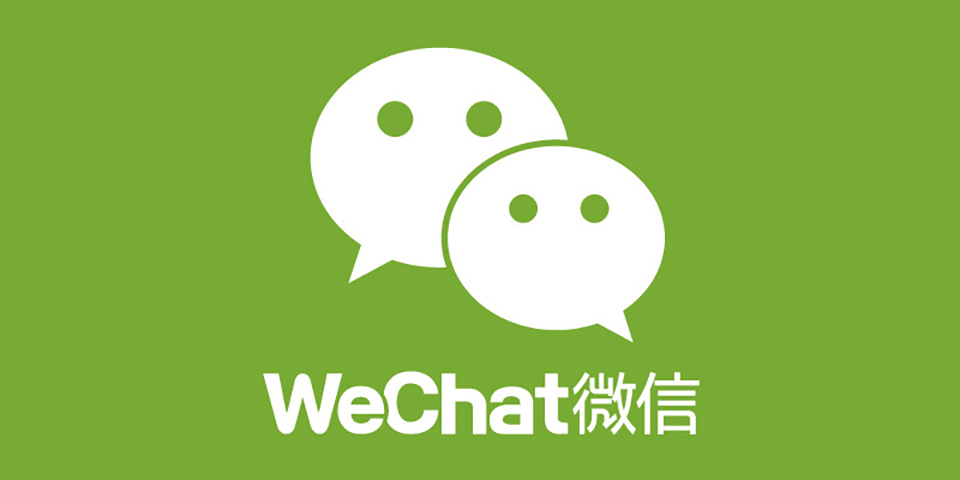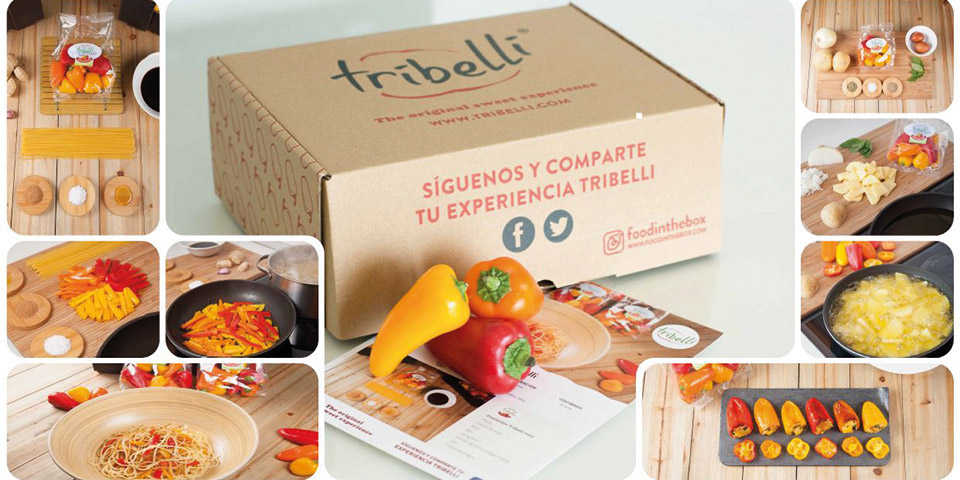
Bilgi

Holidays, clothing, electronics. Consumers purchased 25% of these items online in 2016, in the Netherlands. But do they also buy fresh vegetables online?
3% of fresh products are ordered online. This figure is expected to grow quickly to 10%. All the large supermarkets now have good webshops. Ordering and delivering is easy. Food services as Foodora, Freshbox and other food boxes are gaining in popularity.
Marketing Specialist Hans Verwegen has noticed a “healthy” growth there too: "Home delivery is particularly interesting to young people. Websites as www.foodora.com allow them to have more options than just fast food delivered, depending on the postal code. A healthy (or healthier) hot meal that you have not prepared yourself and which consists largely of vegetables is now within reach.”

London has already reached a figure of 10% fresh products ordered online. “This is due to the fact that the quality of vegetables in the physical stores in England is high and consistent. As a result, the consumer is not afraid to purchase fresh vegetables online. This is not the case yet in countries as the Netherlands and France. There this percentage is a lot lower,” according to Verwegen.
Some novel players from outside the supermarket world are slowly emerging in the Western food-for-home chain. One interesting initiative in the Netherlands is Picnic, a modern version of the milkman. Except that you first need to have enough people registered. You can also track the van via an app. Verwegen: “Several cities have already embraced the concept. Also due in part to the fact that Picnic offers products at competitive prices. In other EU countries and the USA there are also manufacturers and incoming players who want to break down the established logistical structures. They deliver their products directly to the consumer.” For example Amazon Fresh, which can deliver vegetables with a high quality and shelf life, sometimes within an hour.
In countries where supermarkets never really became popular, traders who deliver directly to consumers can bypass the supermarket. This way they can make big savings. Online grocery shopping has grown explosively in China for example. A study revealed that online purchases will increase 4-fold in China until 2020, compared to a 2-fold increase in the EU. “This growth can be explained in part by a significant increase in purchasing power in the Chinese urban areas. Also, the explosive growth in transactions via mobile telephones contributes also."

Social Media apps, like the Chinese Wechat, stimulate this online demand,” according to Verwegen. “Within the fresh products, first the imported fruit became successful online, such as cherries. Vegetables are a bit less sexy. We definitely expect product introductions in the future, that will take place mainly via Chinese online channels. If China displays an interest in these healthy snack vegetables, it remains to be seen whether the supply from Chinese glasshouses can keep up with demand.” This will require other business models than the ones used in Europe. Enza Zaden is anticipating this by establishing contacts with recent entrants now.
Enza Zaden is not only focusing on the development of vegetable varieties, but is also looking at new ways of reaching all the players in the chain. The collaboration between Tribelli® (the sweet peppers produced by Enza Zaden) and the Spanish Food in the box company shows this. The Food in the box is a healthy box, delivered to your door within 24 hours, full of ingredients that consumers can use to cook a meal. For example with our Tribelli's.
